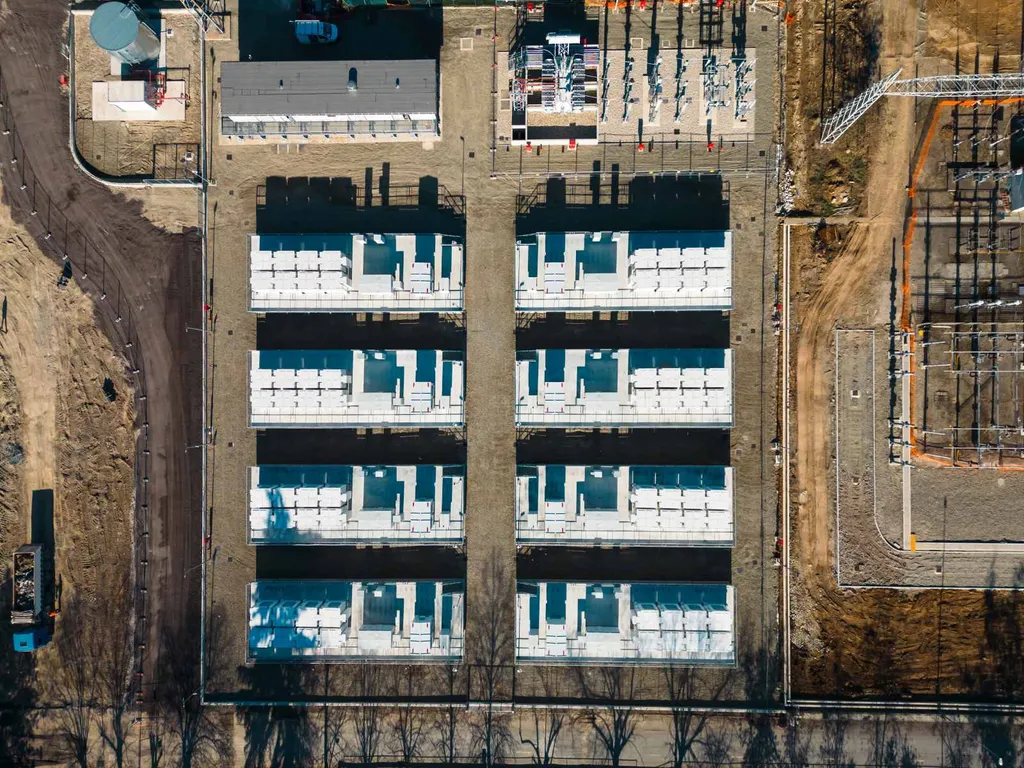In a significant stride towards enhancing energy storage technologies, researchers have unveiled a novel approach to hybridizing supercapacitors with Li-ion batteries, potentially revolutionizing the energy sector. This breakthrough, published in the journal “Chemistry, Physics and Surface Technology,” combines the best attributes of both energy storage systems, offering a promising solution for applications where fast charging and long cycle life are paramount.
The study, led by Y. A. Maletin from the Institute for Sorption and Problems of Endoecology of the National Academy of Sciences of Ukraine, demonstrates that by integrating specific components from both supercapacitors and Li-ion batteries into the electrodes and electrolyte, the resulting hybrid system exhibits markedly improved characteristics. “The full hybridization of the system can increase the energy density by 10 times that of a supercapacitor while maintaining the relatively high power density, long cycle life, and fast charging characteristics of supercapacitors,” Maletin explains.
This hybrid approach leverages the high surface area of nanoporous carbon from supercapacitor technology to facilitate rapid charge-discharge processes and enhance the intercalation-deintercalation processes in the Li-ion components. Consequently, the hybrid system achieves a specific energy of 60+ Wh/kg, full charge within 5–6 minutes, and over 30,000 full charge-discharge cycles. These attributes make it particularly suitable for urban transport and robotics in warehouses, where fast charging and long service life are more critical than range.
The research highlights the interaction between the activated carbon surface and the channels in the bulk lithiated metal-oxide material of the electrodes, which accelerates the charge-discharge processes. This interaction is a key factor in achieving the impressive performance metrics observed in the hybrid system.
The implications of this research are far-reaching for the energy sector. By combining the high energy density of Li-ion batteries with the fast charging and long cycle life of supercapacitors, this hybrid technology could address some of the most pressing challenges in energy storage. “This full hybridization can significantly improve the characteristics of such a hybridized power supply as compared with ‘parent’ systems,” Maletin notes.
As the world continues to seek sustainable and efficient energy solutions, this breakthrough offers a glimpse into the future of energy storage. The hybrid system’s ability to deliver high energy and power density, fast charging, and long cycle life could pave the way for innovative applications in various industries, from electric vehicles to renewable energy integration.
The study not only advances our understanding of energy storage technologies but also opens new avenues for research and development in the field. By exploring the synergy between different energy storage systems, researchers can continue to push the boundaries of what is possible, ultimately driving progress towards a more sustainable and energy-efficient future.

